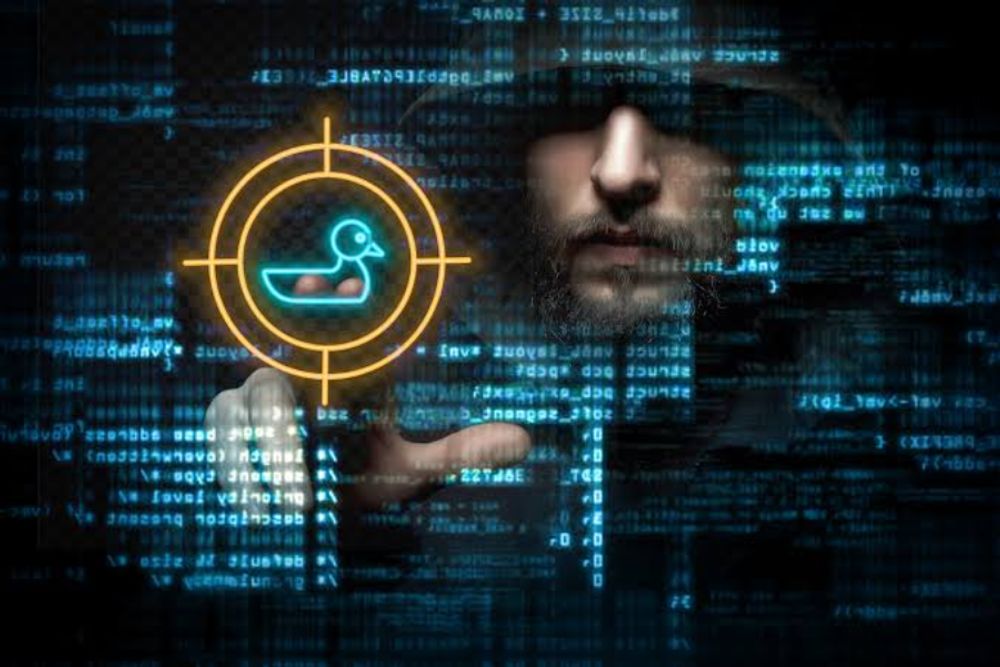

Cybercrime covers all crimes committed using computers and mobile phones and the Internet. People like invading someone else's computer and mobile phone these days.
Disseminate misrepresentation of women in electronic media, The general list of cyber crimes on social media ranges from creating a fake account in someone else's name, hacking an account, threatening, extorting money and even treason.

A woman can lodge a complaint with the cyber cell from anywhere in the world. The complaint will be lodged at the respective local police stations. There are cyber cells attached to the police station in all the districts. The complaint should be accompanied by name, mail id and phone number address. The names of the suspects as evidence, soft copy and hard copy of the web page on which the complaint is based. Provide possible information, including server logs. Complaints can also be made through
The Information Technology Act 2008 is in place to prevent cybercrime. 66 E IT. Act 2008 is the most important of these. Using cyber technology, whether it is a mobile phone or a computer, intrusion into someone else's privacy is punishable. Taking, transferring and disseminating photographs of private parts with a still camera is a crime and punishable. According to the law, it is a crime punishable by up to three years in prison and a fine of up to Rs 1 lakh.
This is a provision that can be applied against those who misrepresent women. This section may be used to defame women by using obscene language or language. The penalty is imprisonment for up to three years and a fine of up to Rs 5 lakh.
Action may be taken under this section if audio or video is circulated in a manner that describes sexual matters. The law stipulates 5 years imprisonment and a fine of Rs 10 lakh, and 7 years imprisonment and a fine of up to Rs 10 lakh for repeat offenses.
This section is against the sexual portrayal of children and its spread. The first sentence carries a maximum sentence of five years in prison and a fine of up to Rs 10 lakh. He faces up to seven years in prison, a fine of up to Rs 10 lakh and subsequent imprisonment. Pokmon law also applies in this regard.
Despite all these laws, why is cyber crime on the rise in our country? What's wrong with that? If you ask an officer dealing with cybercrime, they will first tell you about a department that they took away.
This is Section 66A of the IT Act 2008. This is an offense punishable by up to 3 years imprisonment and a fine for disseminating obscene or defamatory statements or messages through cybercrimes, knowingly spreading falsehoods and defamation. It had the potential for fatal abuse. The Supreme Court dismissed the allegations citing the possibility of abuse. A similar 118D Kerala Police Act was struck down.
However, even if this is not the case, other sections of the Indian Penal Code may be used in this case.
Cases may be filed under IPC 509 for making defamatory remarks, under Section 354 (a) for sexually explicit reference, and for breach of privacy under section 354E. Immediate action against crimes against ministers and others is often based on these provisions.
However, investigators say there are many limitations to seeking solutions to cybercrime from within the country. The servers of many social media sites are located in different countries. For example, the American company YouTube has to provide evidence and clarity on the forensic aspects of a complaint regarding YouTube. In that sense, it is not technically possible to establish that the territory of a cybercriminal sitting in Kerala is Kerala or India. Facebook posts and screen shots should be accepted in the courts. The delay in gathering evidence and confirming the sentence is huge. Thus there are other problems. However, these limitations do not affect case taking on issues involving leaders and others.






